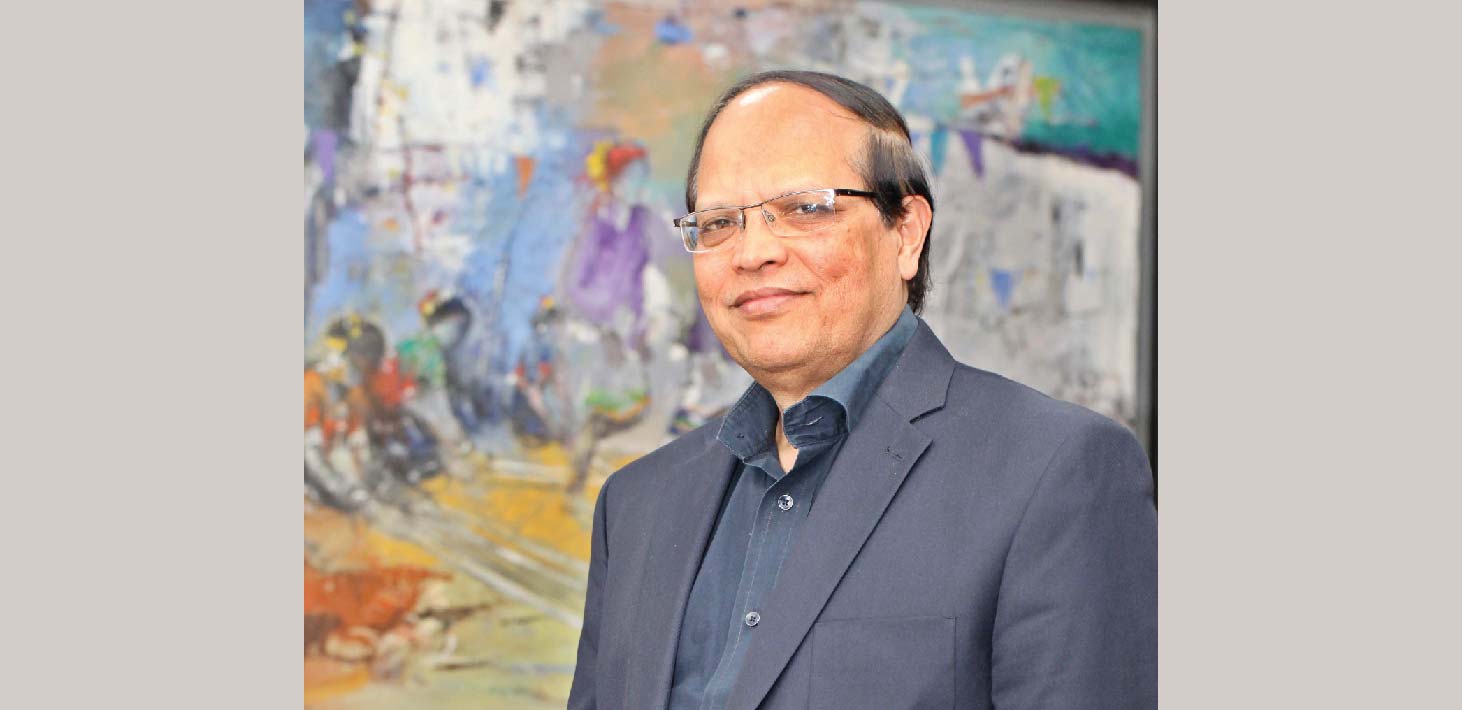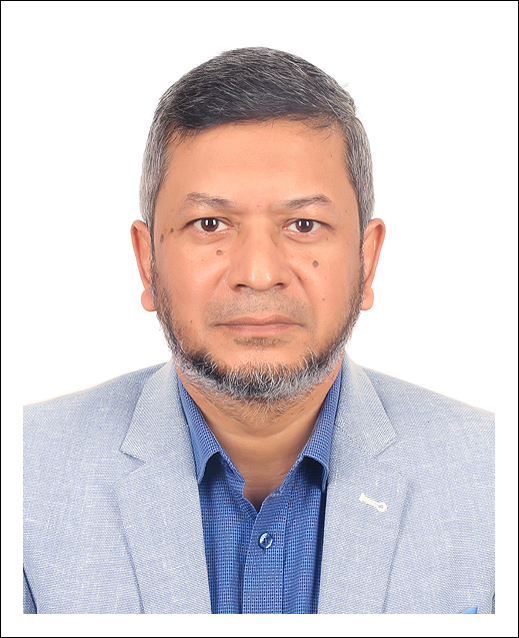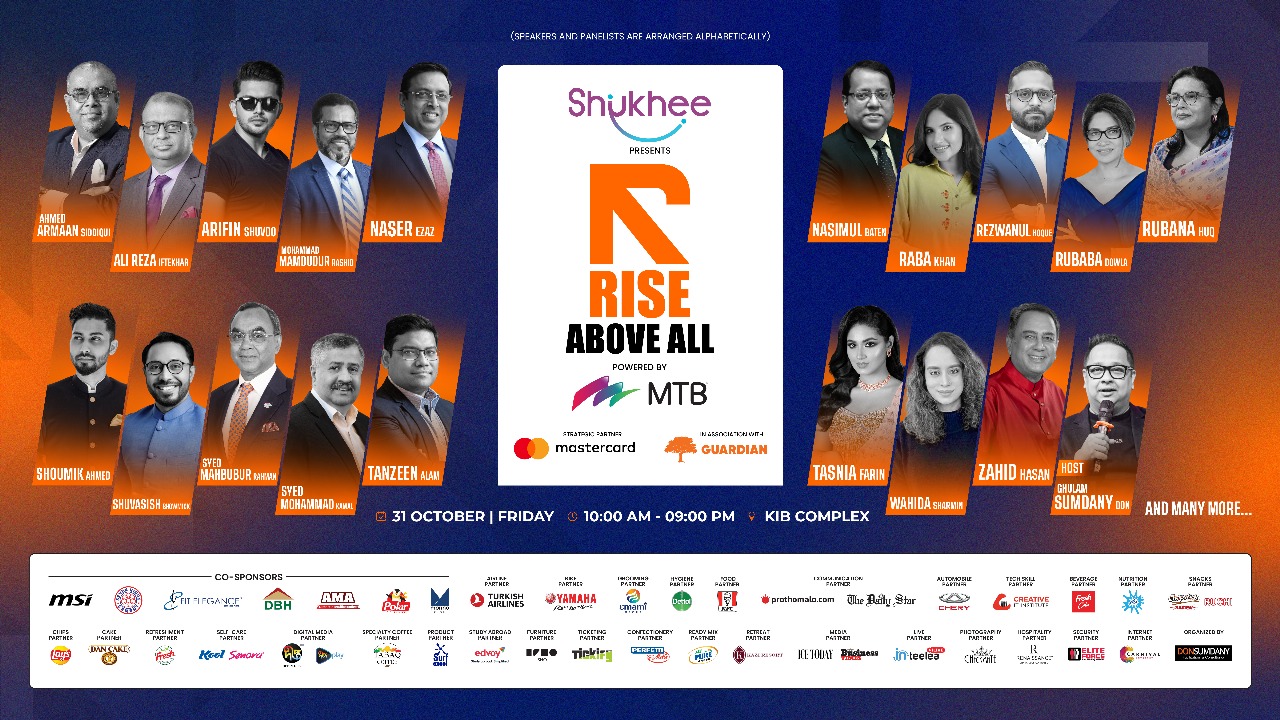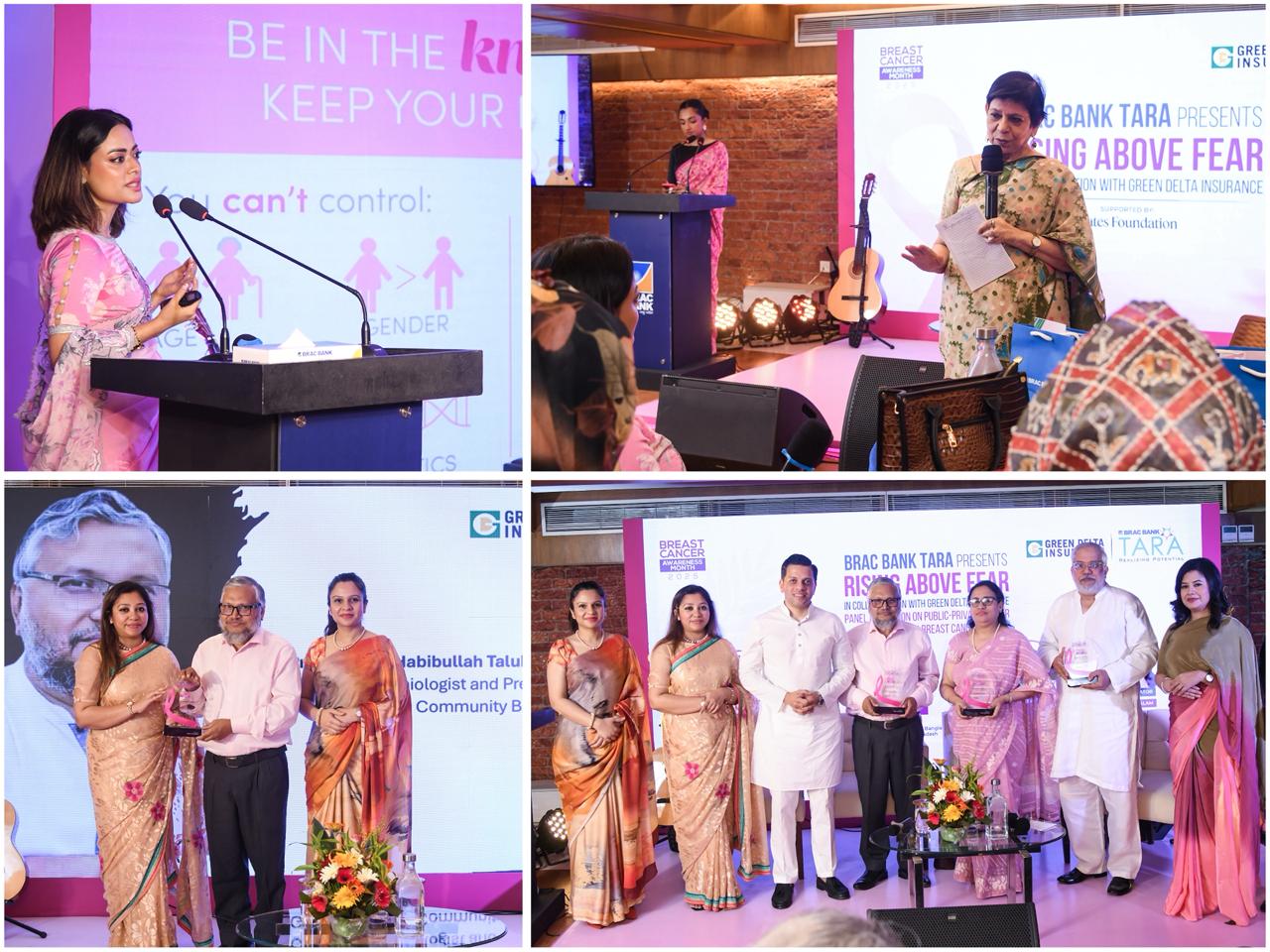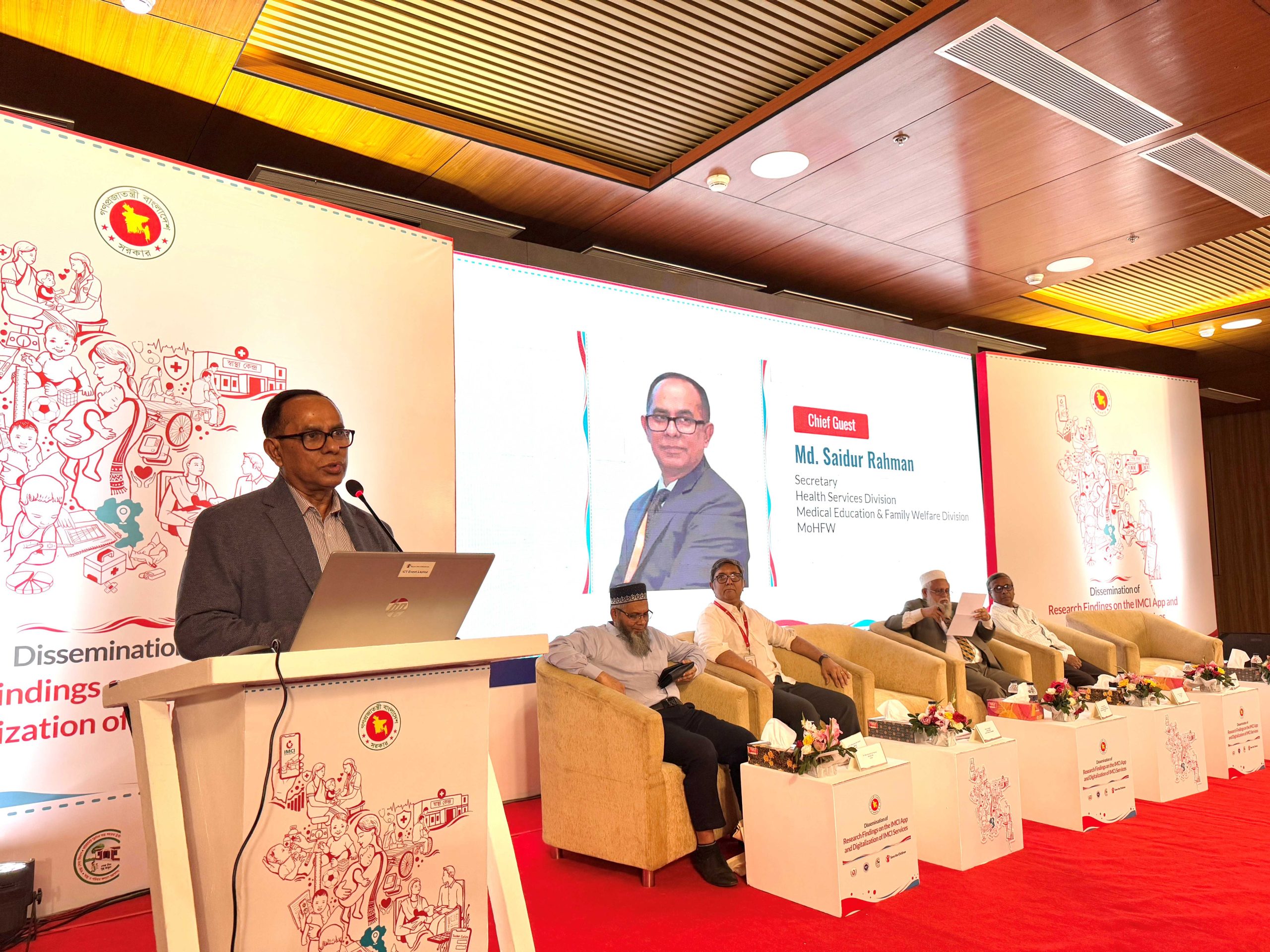“With the help of technology at hand we are trying to reach out to the doorstep of common people with various kinds of financial services.”
Born in a village in Jamalpur district on 3 August 1951, Dr. Atiur Rahman – a Bangladeshi economist and author is the Governor of the Bangladesh Bank. He has been called as “The Banker of the Poor” for his contribution in developing the Bangladeshi Economy.
Son of a landless farmer, Atiur is called the son of soil. He completed his masters in Economics from Dhaka University and obtained his PhD in 1977 from London. On 29 April 2009, Atiur Rahman was appointed as the Governor of Bangladesh Bank, the central bank of the country, for a tenure of four years. He assumed the title on 3 May 2009 and was reappointed until July 2016. He is the 10th Governor of the Bangladesh Bank. Before his appointment he was a professor in the department of Development Studies at Dhaka University. Before that he had worked at the Bangladesh Institute of Development Studies in different capacities for nearly 28 years and retired as Senior Research Fellow on 4 April 2006. As the Governor of the Central Bank of Bangladesh, he took steps in developing his country’s economy by developing programs such as a women entrepreneur’s loan, a loan for landless farmer and special programs around Green Finance.
Atiur Rahman was awarded “Central Banker of the Year 2015” from the Asia-Pacific region for stimulating growth and stabilizing the economy of Bangladesh, by the London-based Financial Times owned magazine, The Banker and also awarded as Central Bank Governor of the year 2015, Asia by The Emerging Markets Newspaper (UK based financial newspaper of the Euromoney Group).
The British Parliament lauded Atiur Rahman for women empowerment on March 8, 2015. Meanwhile, The Banker, a subsidiary monthly of the Financial Times of London, published captioned news highlighting the Governor in the People Column of its March 2015 issue under the title “Movers and Shakers”. He is the only Bangladeshi who received the title.
In 2014, he received the GUSI Peace Prize International 2014 for his work in the field of economics focusing on the welfare of poor people. He has also been awarded the “World No-Tobacco Day Award 2012” by the World Health Organization (WHO). Atiur was also awarded the “Indira Gandhi Gold Plaque” in 2011, the Atish Dipankar Gold Medal in 2000 and the Chandrabati Gold Medal in 2008.
Doing something for the people of this country was a dream you had been chasing since your boyhood. Has that dream materialized already?
To be honest, one lifetime is not enough to fulfill all dreams. Nevertheless, it is important that one has dreams to chase, which enables one to go the extra mile to achieve particular feats. One has to have a dream and set out on the journey on right time.
Whether a nation is successful or not, depends on what kind of dream it has. At this stage of my life, I earnestly desire to see the availability of financial services all over the country. I truly believe this dream is totally in line with what the Father of the Nation, Bangabandhu Sheikh Mujibur Rahman envisioned: a socio-economically emancipated Bangladesh.
To achieve that goal, we have been working to ensure the financial stability of the economy and transparency of the financial sector itself. In the age of social internet and media, remaining connected and being honest with the customers is of utmost importance. With the help of the technology at hand we are trying to reach out to the doorsteps of the common people with various kinds of financial services. Bankers as a whole have embraced this dream and are exerting a collaborative effort to fulfill it.
Our success in mobile banking has been lauded by Bill Gates. What’s your take on that?
Nations around the world are embracing newer technologies to accelerate their progress towards the next trajectory of growth. Mobile financing is the new window that introduced us to a new horizon of inclusive banking services irrespective of people’s socio-economic status. Just like everyone else, I also give kudos to our financial institutions, innovators and the common people to popularize it for a greater good. With proper, balanced checking we can make sure that this facility lessens the number of unbanked population in our country. The regulators, government, NGOs and banks-all should work hand in hand to set a time-appropriate and feasible strategy regarding mobile banking.
You are highly lauded for your innovative moves to ensure Macroeconomic stability. What are your comments on this?
To attain inclusive growth, there is no alternate to financial inclusion, which will eventually lead to financial stability. As a result, we will see more investments from home and abroad, which we need currently because that can solve unemployment problems and help us add more into the national exchequer. However, all these are interconnected and the synergy must be there. I, along with my team, at the Central Bank am working hard to sustain that synergy.
Nationalized Commercial Banks (NCB) are not doing well and you are taking the responsibility of supervising their activities whereas Private Commercial Banks (PCB) are moving forward fast. Why is that so?
Fortunately our state owned banks only cover 20% of the country’s total financial assets; whereas in India it is 60-67%. This is why; irregularities in the NCBs will not have that big an effect on our economy. Yet we don’t want to allow any discrepancies in those banks. We have stringent regulatory guidelines and supervisory mechanisms. We have put Executive Directors as observers and they will ensure that banks are running based on the principles and guidelines under the Memorandum of Understanding (MOU) and loans are given to the right person and repayments are done. In fact one of the major responsibilities of this supervision will be to ensure that state owned Banks have robust depository bills and long term good quality loans for large entrepreneurs only. Good governance is imperative and we are working hard to ensure that.
The next challenge for the Banking in this stage of globalization is of cyber security. What is your take on?
We are very careful about the cyber security. Bangladesh Bank conducts regular cyber audits into the banks and all supervision are done digitally and we make sure that banks use protective software. We are constantly watch-dogging if there is a breach of security in any banks. Our digital team is highly trained and capable of tackling adverse situation.
By 2050, what kind of Bangladesh do you dream of?
I am dreaming of a Bangladesh which will be developed by then. Our per capita income will be at par with a developed economy. That will be an interesting time to reap the benefits of the demographic dividends we are bestowed with. For that, we need to train our young people with the right kind of education and the right employment opportunities need to be present inside the country.









